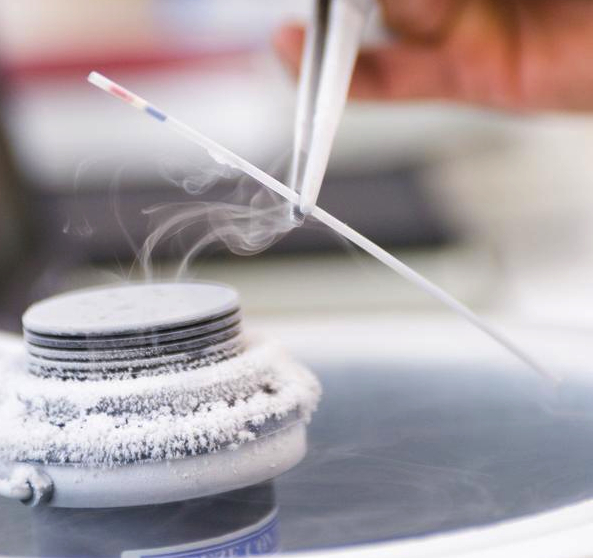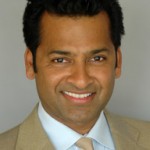 When Sarah Gardner was 34, she started getting really worried about whether she’d ever have kids.
When Sarah Gardner was 34, she started getting really worried about whether she’d ever have kids.
“I bought this kit online that said that they could tell you your ovarian reserve,” Gardner, now 40, says. These kits claim they can tell women how long their ovaries will continue producing eggs and how much time they have left to get pregnant.
“Well, mine said, ‘we advise really you have a baby now.’ Well, sadly that letter arrived three weeks after I just split up with my long-term partner. So, yeah, it opened a massive can of worms really,” she says.
That can of worms eventually led Gardner to Sherman Silber, a surgeon at the Infertility Center of St. Louis. Silber offers women a procedure that he claims will basically put their biological clocks on ice.
“It stops the clock, which is an incredible power to have,” Gardner says. “You know, the biological clock is every woman’s demon, really.”
What Silber offers is a surgical procedure that removes part or all of an ovary so it can be frozen and then transplanted back when a woman is ready to try to have children. Read full article.

